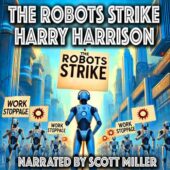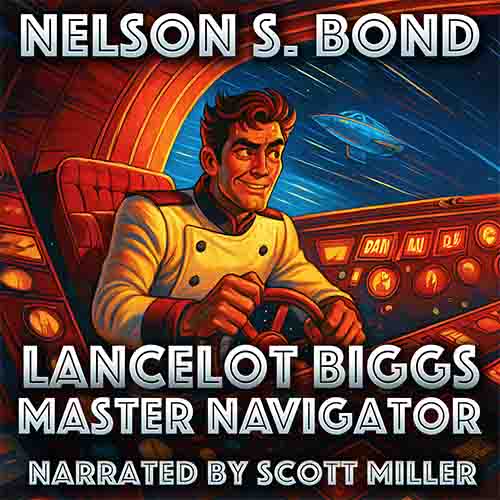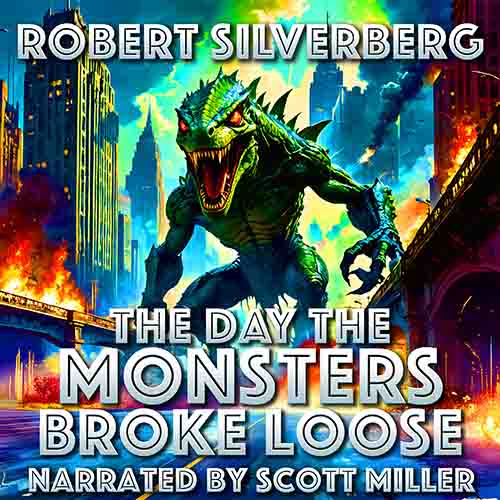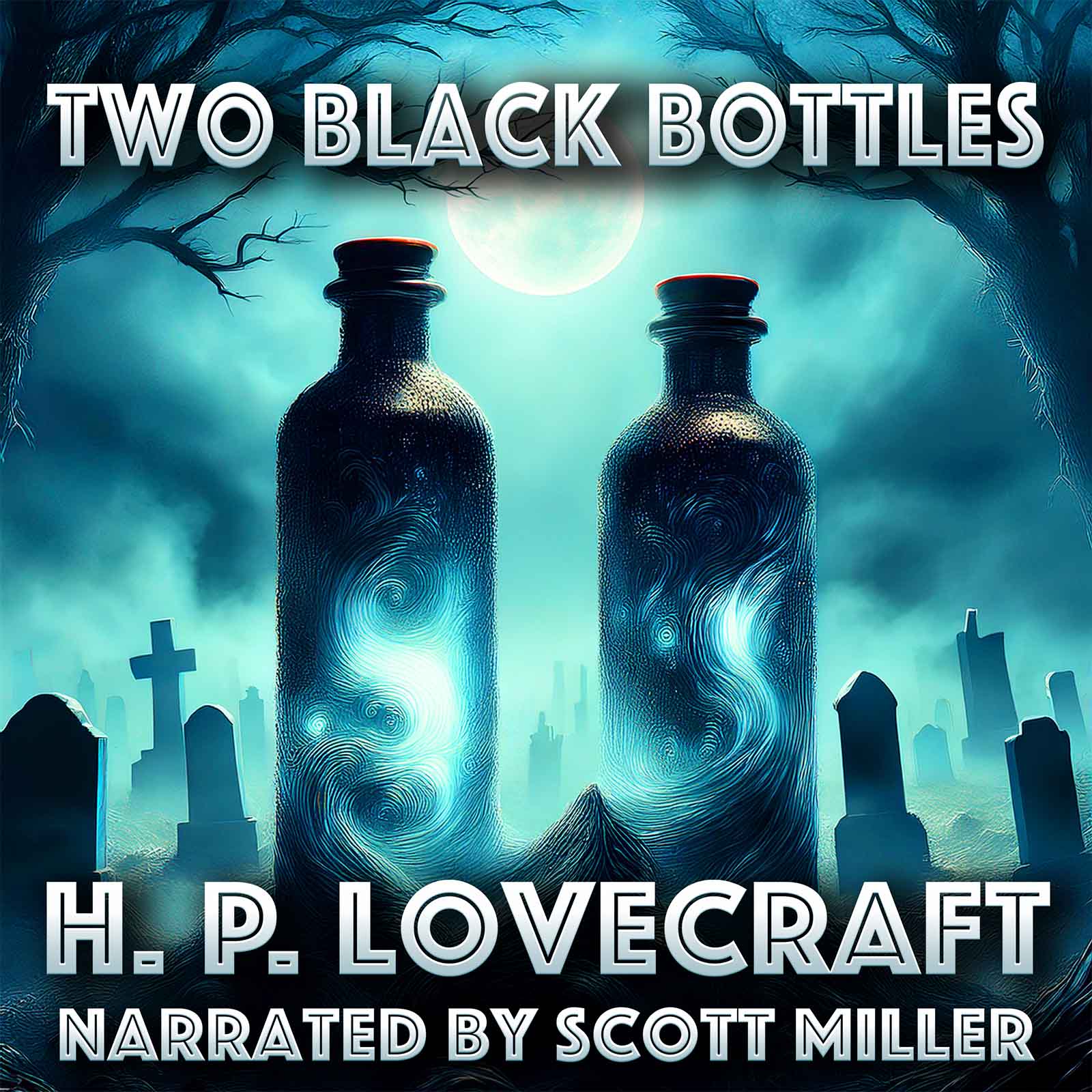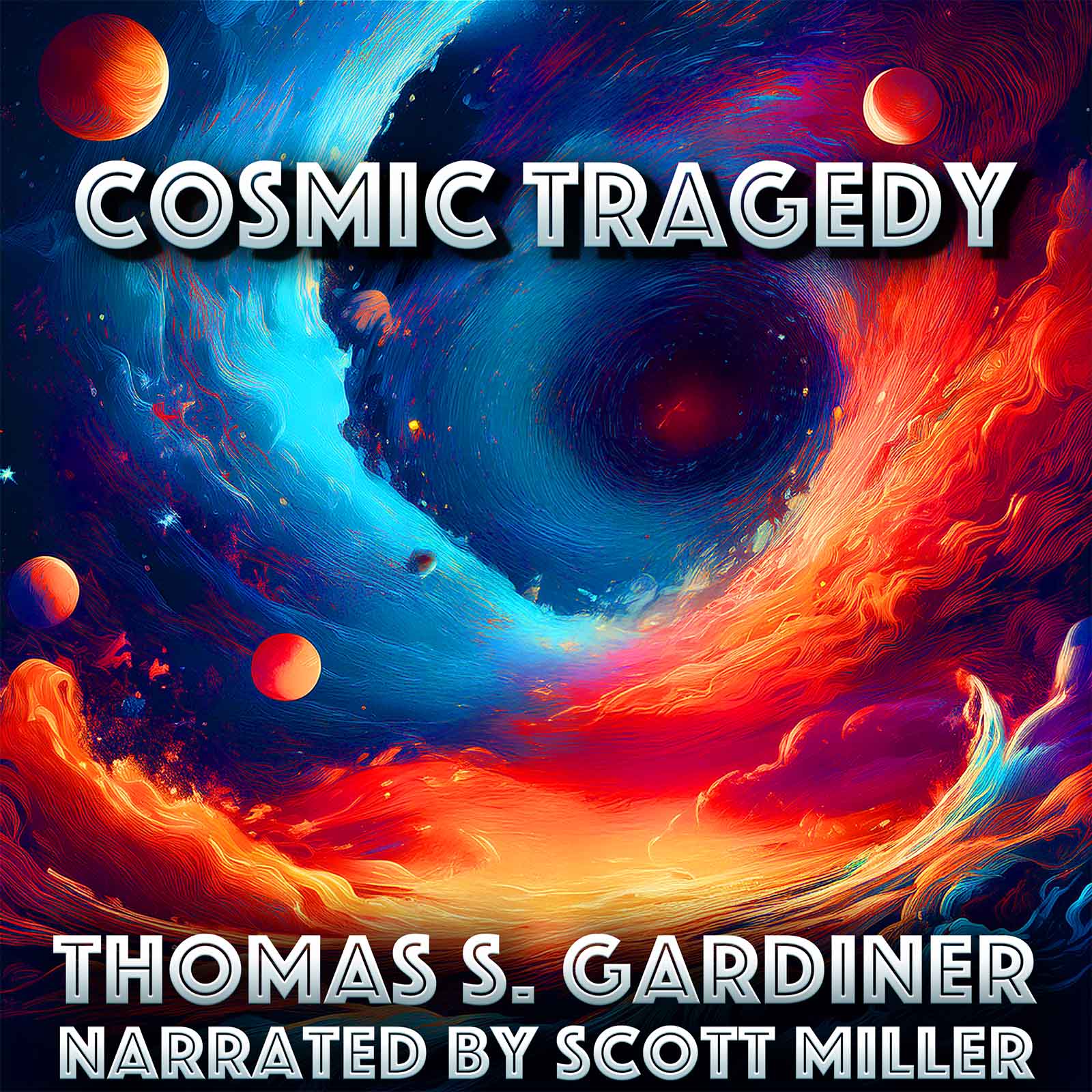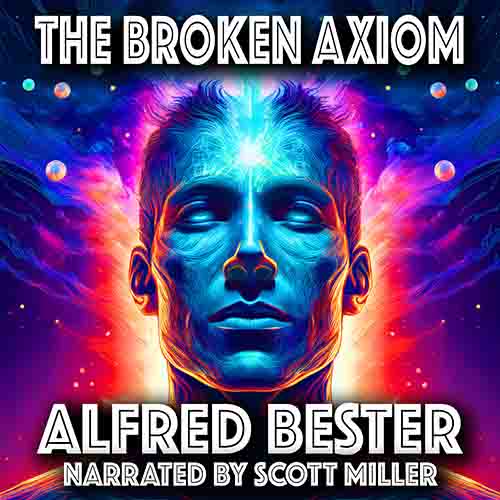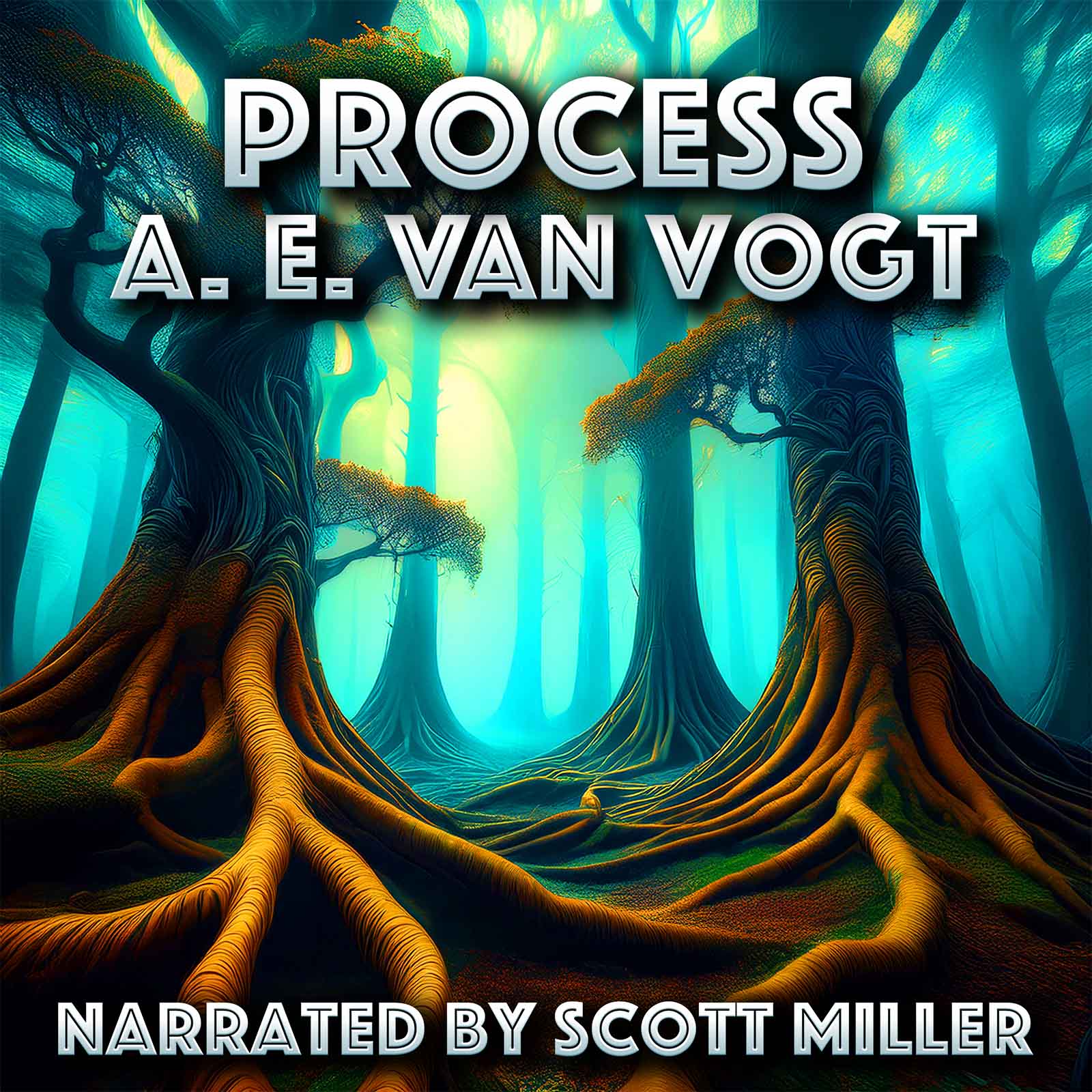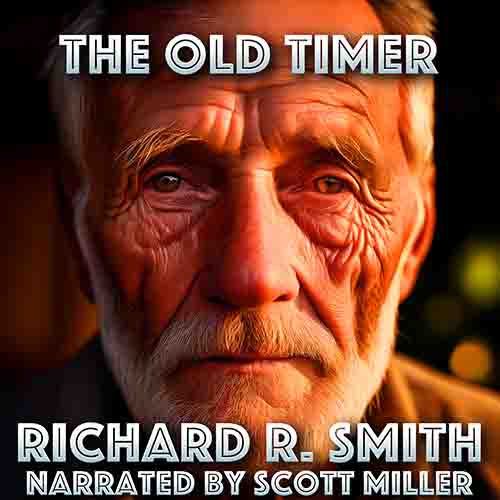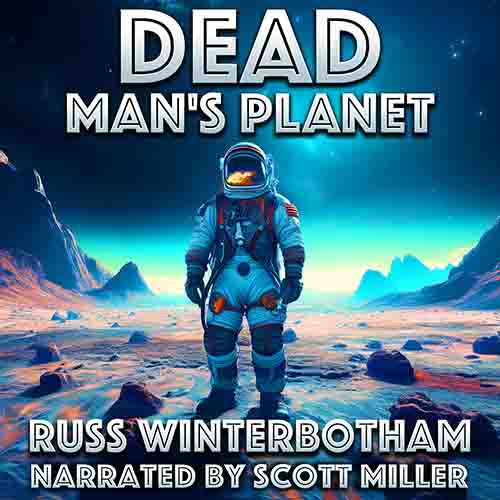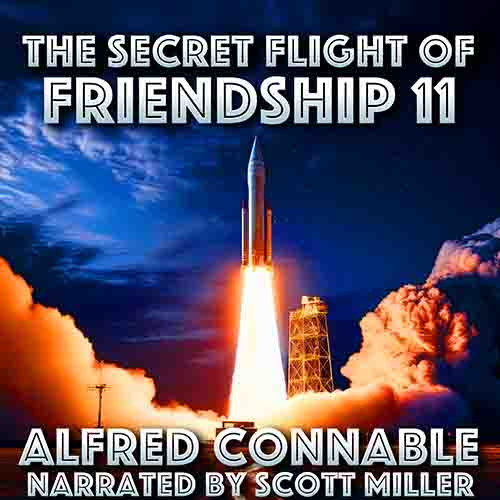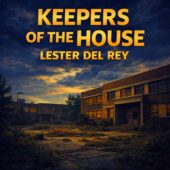Harry Harrison

Biography
Harry Harrison (1925–2012) was an American science fiction author, editor, and comic strip writer best known for his wit, satirical edge, and adventurous storytelling. Over a career spanning more than half a century, he created enduring works such as the Stainless Steel Rat series and Make Room! Make Room! while contributing to nearly every corner of the genre—from pulpy space opera to biting social commentary. His versatility, humor, and restless imagination earned him international acclaim and a devoted readership.
Born Henry Maxwell Dempsey in Stamford, Connecticut, Harrison changed his surname after his parents’ separation and grew up with a love for drawing and adventure stories. During World War II he served in the U.S. Army Air Forces, an experience that exposed him to both military life and weapons technology—subjects he would later critique with sharp satire. After the war, he studied art and began working as an illustrator and writer for comic books, including scripting for Flash Gordon and contributing to EC Comics. His artistic background gave him an eye for visual detail and pacing, qualities that carried over into his prose.
Harrison entered science fiction prose in the 1950s, selling stories to magazines like Fantastic Universe and Galaxy. Early on, he became known for energetic adventure tales and for co-editing Fantastic Stories and Super-Science Fiction. His first novel, Deathworld (1960), introduced readers to Jason dinAlt, a gambler navigating a hostile planet where all life is deadly. The book’s combination of action, speculation, and humor set the tone for much of Harrison’s career.
His most famous creation, however, was the roguish antihero James Bolivar diGriz, better known as “The Stainless Steel Rat.” Beginning with the 1961 novel of the same name, Harrison chronicled the exploits of “Slippery Jim,” a charming con artist navigating a universe of corrupt governments, incompetent police, and endless opportunities for crime. The series combined adventure with biting satire of bureaucracy, militarism, and conformity, and it ran for over a dozen volumes, becoming Harrison’s signature contribution to science fiction.
Harrison was also a master of social satire. His 1966 novel Make Room! Make Room! painted a grim vision of an overpopulated future New York in the year 1999, grappling with resource scarcity, class inequality, and ecological collapse. While the book is remembered as the basis for the 1973 film Soylent Green, Harrison’s novel contained no cannibalistic twist; instead, it delivered a sober, realistic warning about population growth and environmental crisis. The book demonstrated his ability to use science fiction as a vehicle for social critique rather than mere escapism.
Harrison’s other notable works include the Bill, the Galactic Hero series (beginning in 1965), a comedic yet scathing parody of Robert Heinlein’s Starship Troopers and the military science fiction subgenre. Drawing on his own dislike of military regimentation, Harrison turned the story of one hapless space soldier into a darkly humorous saga about the absurdities of war and bureaucracy. West of Eden (1984), the first of a trilogy, displayed his talent for world-building by imagining an alternate Earth where dinosaurs never became extinct and intelligent reptilian beings developed civilization.
In addition to his fiction, Harrison was an active editor and champion of science fiction as a global genre. He co-edited The Science Fiction Hall of Fame, Volume Two with Brian W. Aldiss, introducing classic novellas to new audiences. He was also a key organizer in the international SF community, helping to foster the genre’s growth in Eastern Europe and beyond. His fluency in Esperanto and advocacy for internationalism reflected his belief that science fiction could—and should—speak to a worldwide audience.
Harrison’s style was marked by clarity, humor, and a deep distrust of authoritarianism. His protagonists often rebel against systems of control, whether through cleverness, subversion, or outright mockery. Unlike some contemporaries, Harrison avoided heavy technical detail, preferring fast-paced narratives that emphasized character, satire, and big ideas.
His contributions were widely recognized. Harrison received numerous Hugo and Nebula nominations, and in 2009 the Science Fiction and Fantasy Writers of America named him a Grand Master, one of the field’s highest honors. His works have been translated into dozens of languages, and The Stainless Steel Rat became especially popular internationally, with Harrison himself living abroad for much of his life in Mexico, Denmark, England, and Ireland.
Harry Harrison passed away in 2012 at the age of 87, leaving behind a body of work that is both entertaining and thought-provoking. His legacy lies in his ability to blend humor, satire, and social critique with the adventurous spirit of classic science fiction. From the gleeful exploits of the Stainless Steel Rat to the grim warnings of Make Room! Make Room!, Harrison showed that science fiction could be as funny as it was serious, as rebellious as it was imaginative. He remains one of the genre’s great storytellers, remembered not only for the universes he built but for the laughter, provocation, and insight he gave to readers around the world.







